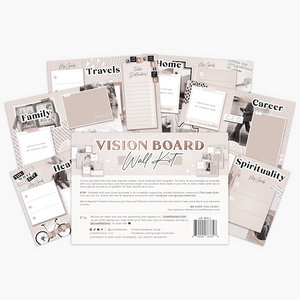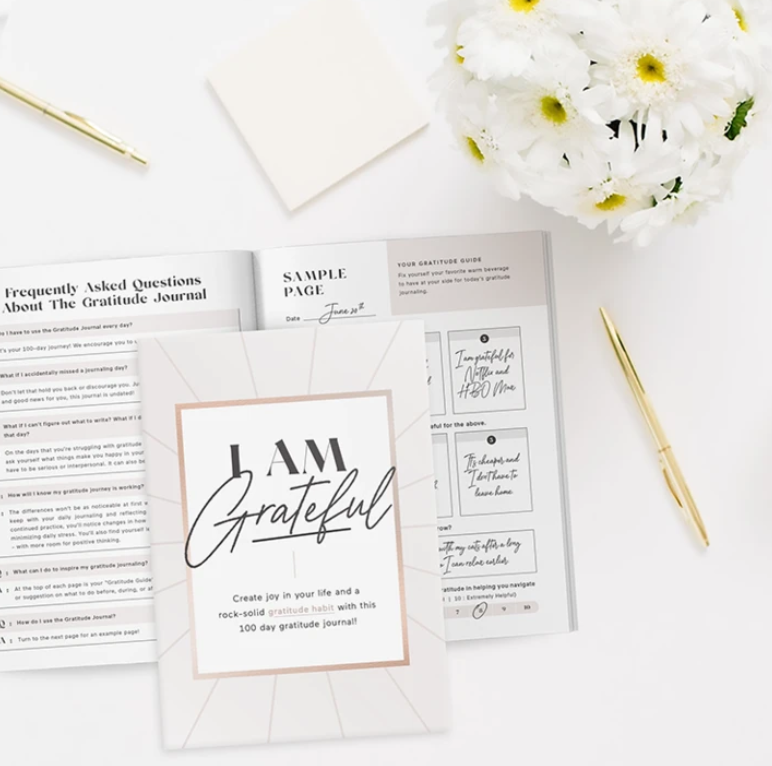As we head into November, we may start thinking just a little more about gratitude than usual. What does it mean to be grateful? How does one truly engage in gratitude? And why is being grateful so hard?
We live during a time that is uncommonly stressful, uncertain, and growing even busier as we approach the end of the year. The days have literally grown shorter but the amount of things we need to get done is still the same. While spinning all of our plates, it can be hard to take a moment to remember to pause and show gratitude.
Beyond that, we live in a consumer society. Almost anything can be delivered straight to our front door with the convenient tap of a phone screen. We’re constantly ambushed by targeted ads showing us the latest shiny thing we don’t have, and the social media pipeline straight into everyone else’s perfectly curated lives reveals exactly what we’re trying to keep up with. Add in the hustle of constantly trying to stay on top of our own game, meeting deadlines and expectations, paying bills, staying safe and healthy... It’s no wonder that gratitude can often slip through the cracks.
Gratitude, however, is much more than a back burner idea or something that comes out once a year in late November. It is a practice that can actually help us live a better life. Recent studies have shown that those who actively engage in practices of gratitude showed increased satisfaction, motivation, energy, better sleep, better health, less stress, reduced sadness, stronger feelings of purpose and self satisfaction, among so many more positives according to Psychology Today. With it being so valuable, it might be easy to think that we’d find the space and time.
Learning and Practice Makes Grateful
There is a trend in our society where individuality is seen as being among the highest of virtues. From the days of rugged cowboy I’ll-do-it-my-own-way-ness, there has been an echo down through the generations into a trend that sees us wanting to take the credit for our successes and blame outside forces for our failures.
Of course there is nothing wrong with celebrating individuality! But gratitude is a practice - one that has to be cultivated, and it’s not one that many of us learn. For example, how many of us were told as kids to just repeat “thank you” without fully understanding its meaning. Raise your hand if you even didn’t want to finish a plate of food and were told about starving children elsewhere. Being told as a child simply that others have less without really having it explained or having experienced it, sets us on a pattern toward some of the trappings of gratitude without really holding the meaning.
If that’s the case, then how do we begin to learn now?
5 Ways to Develop and Hone the Habit
-
Look for opportunities to be grateful. Sure, it’s no big challenge to be happy when we get a raise, win tickets to our favorite concert, or get that one awesome thing on sale we’ve been eyeing for the past few months. Gratitude isn’t just about being grateful for the big things, though. It’s about being grateful for the small things, the unexpected things, and the things perhaps that we didn’t notice before that we enjoyed. Look around and notice what there is to be grateful for: maybe it’s a blue sky or your favorite cup of tea. Whatever it may be, take a moment to savor it!
-
Practice grateful behaviors. Science tells us that if we smile, it actually releases molecules that help relieve stress helping us to feel a little happier. Being grateful can be the same way! Get into the habit of thanking people, smiling, writing thank you notes and letters. You are both building a habit but also triggering your own internal feelings of gratitude when you practice outwardly.
- Take a moment to reflect. Gratitude can go hand in hand with mindfulness and meditation. Slowing down can be hard in this world where we are constantly on the go, but even just a quick moment can be beneficial. Try just a quiet five minutes, with a few deep breaths, and bring to mind things that you are grateful for in your life. Do this regularly and you may just notice yourself more grateful during other times!
- Practice gratitude during hard times. It can be easy to be grateful when things are smooth sailing, but it can be a lot more rough when the unexpected happens or things are just plain difficult. Continuing to practice gratitude even during challenging times can be just as - if not more - important in your journey to develop a grateful habit. It may be hard at first, but the more you do it, as with anything, the easier it will become.
- Build a daily habit of gratitude by journaling. One of the most important parts of building a consistent habit is, well, consistency. Having a journal in which you can be reminded each day to engage with gratitude is one of the best ways to build a good practice and strengthen your journey of being grateful.
Start your gratitude journey with the Daily Gratitude Journal, or if you are already taking steps along the path let us know what you’re grateful for!




![Manifestation Memo Pad [DAILY]](http://lovetplanners.com/cdn/shop/files/Manifestingjournalplanner.png?v=1704323635&width=300)







